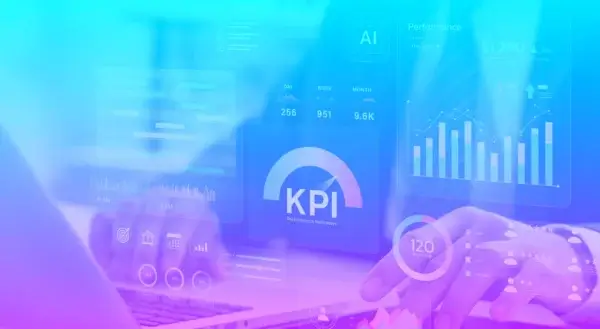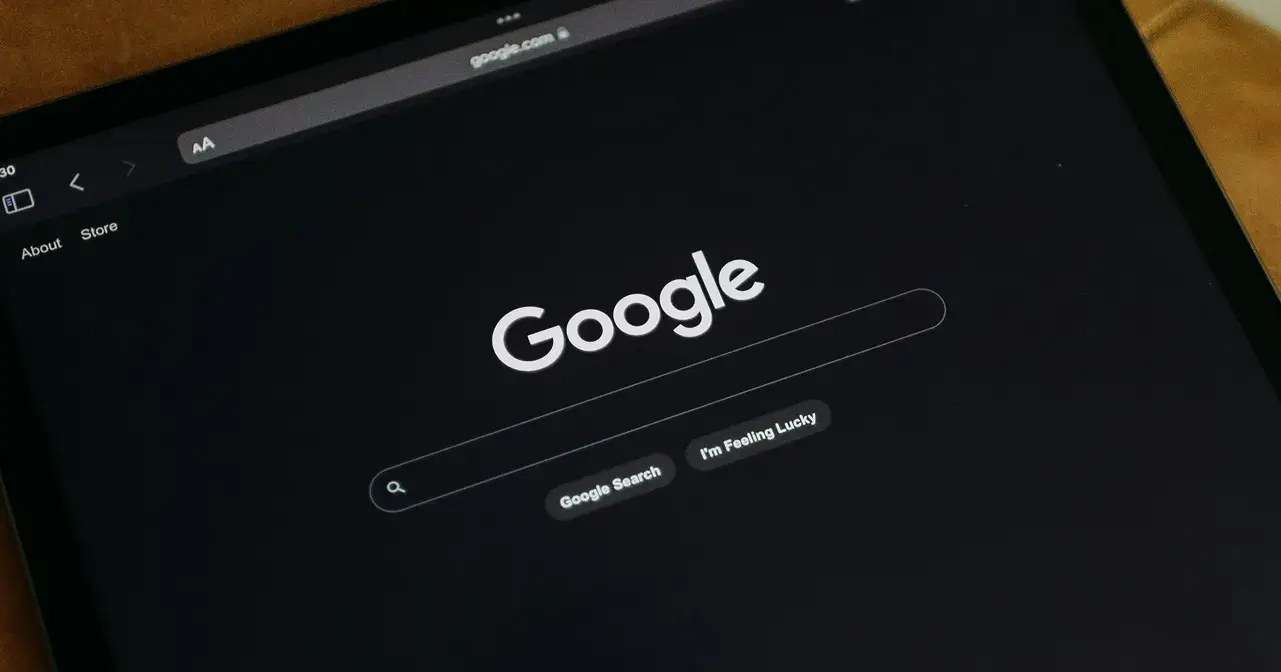Search isn’t broken. It’s evolving, and the pace is dizzying.
The reality: the way people find information has changed under our feet. Search engines aren’t just search engines anymore. They’ve become answer engines.
Your buyers aren’t scrolling through two pages of Google results. They’re asking ChatGPT, checking Perplexity, or scanning Google’s AI Overviews. And those tools don’t hand them ten blue links. They hand them one synthesized answer, built on the sources they trust. And AI is speeding this up, serving answers, not options.
If your brand isn’t cited in that answer? You don’t exist.
- 60% of Google searches now end without a click, often because answers appear directly on the results page, including AI Overviews. (Bain, 2025)
- 77% of ChatGPT users in the US treat it as a search engine, and nearly a quarter pick it over Google as their first stop. (Tech Radar)
- By 2028, AI-driven traffic is forecast to surpass traditional search. (SEMRush)
What’s different isn’t just where buyers go, it’s how they search. They ask long, specific questions, then stack follow-ups until they get exactly what they need. That means every brand mention and citation matters more than ever.
Old SEO rewarded keywords. AEO, Answer Engine Optimization, rewards clarity, context, and credibility. It’s not about stuffing phrases or chasing backlinks anymore (ok, maybe that was really old SEO). Google has advanced to reward user intent, content quality, and topical relevance.
But AI has pushed the shift even further, from single keywords to full conversations. Buyers don’t just type “B2B CRM Atlanta.” They ask:
“What’s the best B2B CRM for a 50-person company in Atlanta, and how does it compare to HubSpot in pricing and integrations?”
That’s a world away from a single keyword. And then they refine with follow-ups, “Which option scales better for a growing sales team?” until they trust the answer.
That’s why AEO matters. It’s about writing for humans and packaging your content so AI can parse it, cite it, and deliver it back as trusted guidance.
Here’s the shift:
- Traditional SEO rewards: Precise keyword targeting and on-page optimizations.
- AEO rewards:
- Topic authority – Are you consistently creating depth on a subject?
- Citations from trusted sources – Do others reference your brand/content?
- Contextual relevance – Are you showing up in the right conversations?
- Human-friendly clarity – Is your content structured so people and machines can understand it?
But let’s not lose this: the same SEO ranking factors, Core Web Vitals, schema, and authority content, still matter. But on their own, they’re not enough. To be selected by AI, your content has to be something machines (and yes, humans too) actually trust. (Wordstream)
TL;DR: SEO gets you indexed. AEO gets you selected.
If you enjoyed this post, this content is part of a digital white paper on AI and the Search Landscape. You can view the full white paper here.






